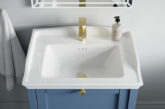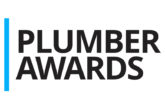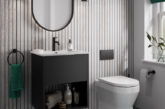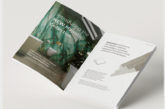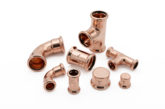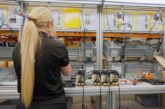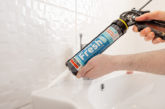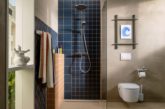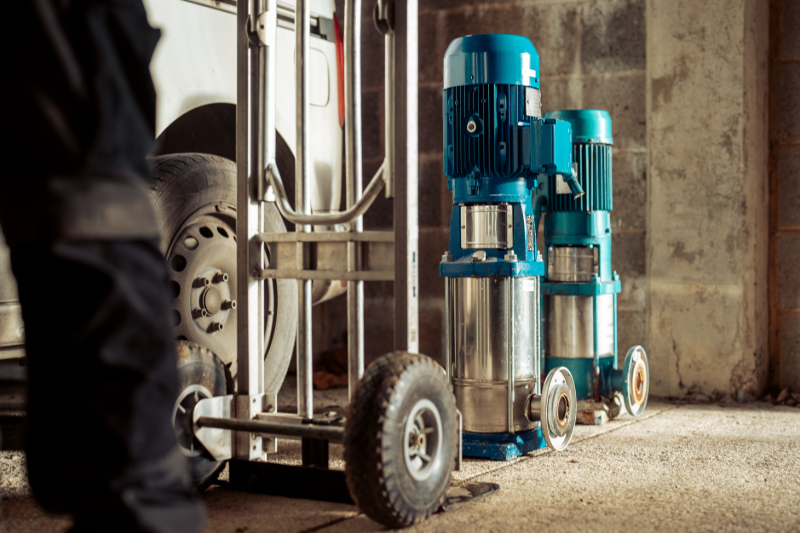
Rik Whines, Sales Support Co-ordinator at the Stuart Turner Group, discusses how with knowledge and the right products, plumbers can become vital partners in helping homeowners and businesses adopt water-efficient practices.
The bathroom, often a sanctuary of relaxation, can also be a significant source of water waste. Leaky pipes, inefficient showerheads, and outdated toilets contribute substantially to the problem. While awareness of water conservation is rising, translating that awareness into action requires accessible solutions and expert guidance.
This is where the plumbing and bathroom industry can step in. By being educated, it can be a crucial link to support developers, businesses and homeowners, and empower consumers to make informed choices.
For example, a homeowner might want to upgrade to a luxurious multi-jet shower system without considering its pressure abilities or water consumption. A knowledgeable installer can guide them toward high-efficiency models that offer a comparable experience with significantly reduced water usage.
Navigating the challenges
One of the key challenges facing plumbers is balancing the desire for modern bathroom amenities with the limitations of existing water infrastructure. There has been a significant increase in the number of homeowners wanting to install multiple bathrooms with simultaneous high-pressure showers, but this often strains the system, especially in areas with low water pressure.
The industry needs to be well-versed in the technical aspects of water pressure and flow rates, understanding the requirements of different fixtures and appliances. Installers and plumbers can then advise on suitable boosting systems, such as accumulator systems, tank and pump sets, or inline mains boosting pumps, and help them select the right solutions for specific projects.
Furthermore, they can promote water-saving showerheads and other fixtures that reduce demand without sacrificing performance.
Trusted advisors
Installers and plumbers are more than just tradespeople; they are trusted advisors. By embracing water efficiency as a core value, they can differentiate themselves and build stronger customer relationships; this starts with comprehensive product knowledge.
This starts with identifying the problem areas, whether it be an outdated fitting, leaky system, or a challenge with the property location. By thoroughly analysing these aspects, a more reliable and robust solution can be presented. It is also important to set expectations about what is actually achievable, before setting out to fix an issue.
Understanding water efficiency features of products is a must, from low-flow toilets, showerheads and taps to water-saving technologies integrated into appliances. They should actively promote these products, highlighting their environmental and cost-saving benefits to customers.
Collaboration
Tackling water scarcity requires a collaborative effort across the industry; all have a role to play. By working together, sharing knowledge, and embracing innovation, we can create a future where beautiful, functional bathrooms and responsible water usage go hand in hand.
The plumbing and bathroom industry is uniquely positioned to make a significant impact on water conservation. By embracing education, promoting water-efficient products, and fostering collaboration, it can be a leader in the fight against water scarcity, ensuring a sustainable future for generations to come.


